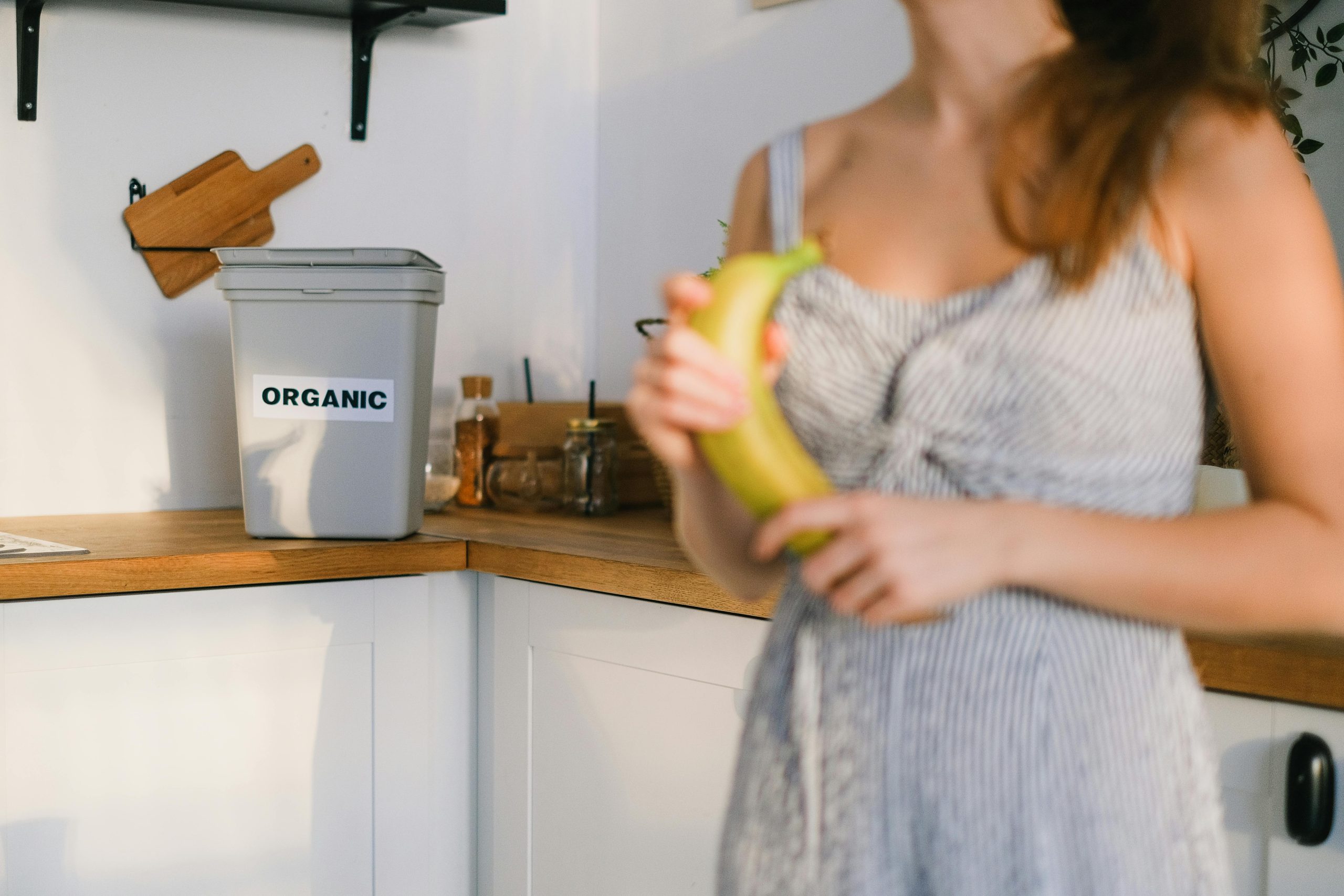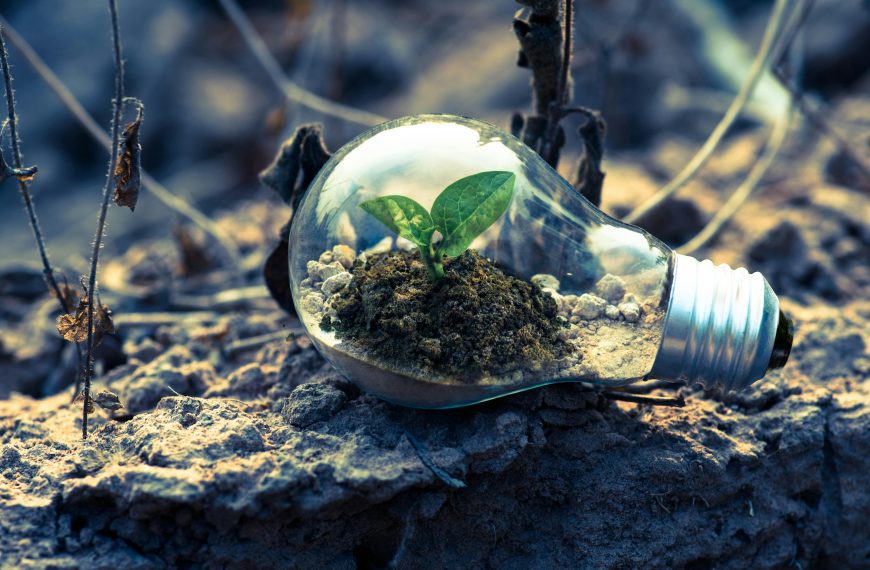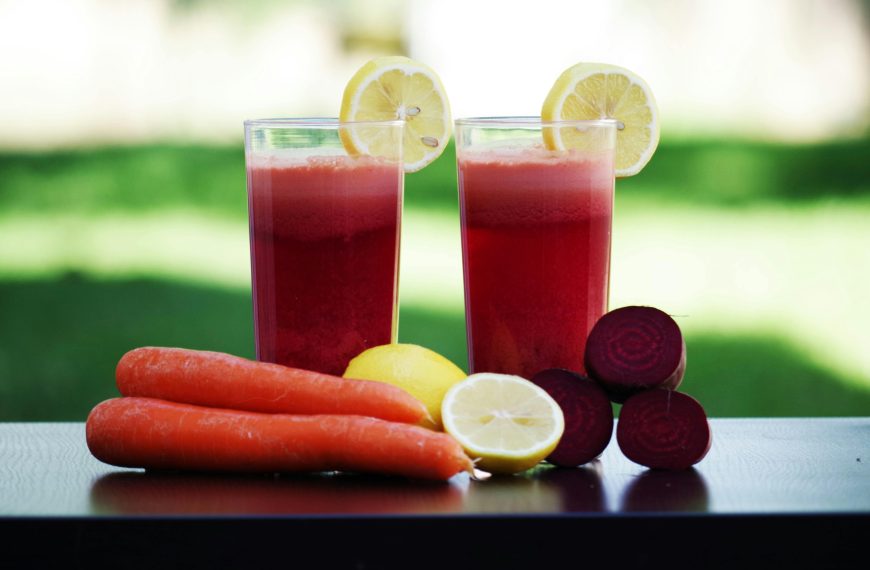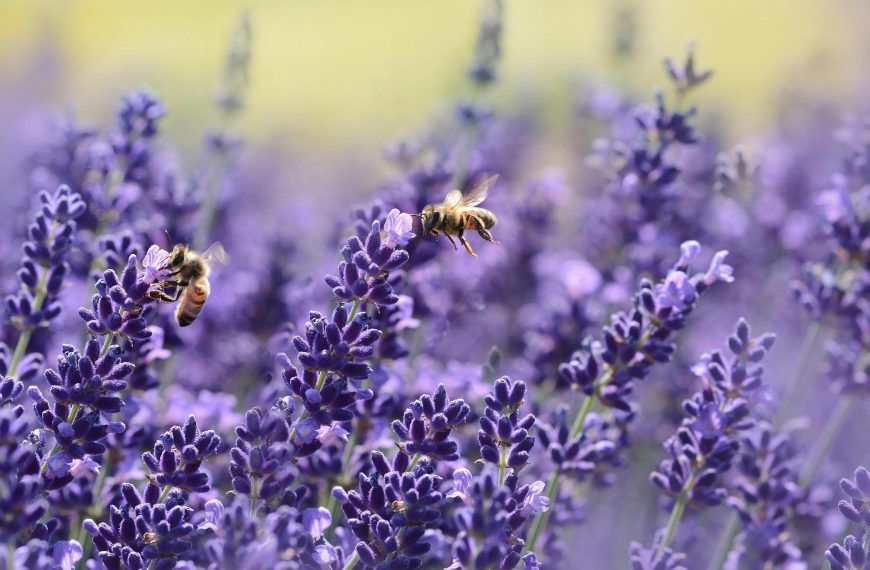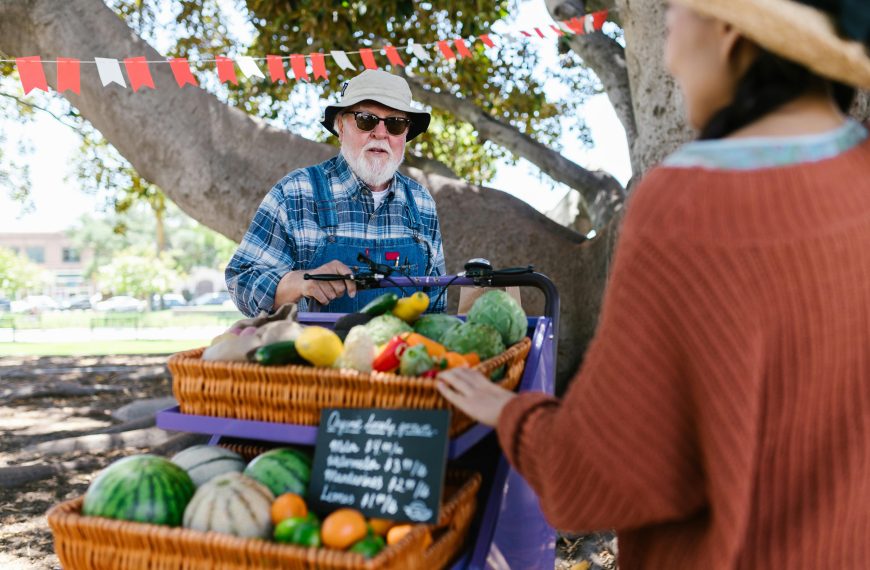Composting is a low-cost, environmentally friendly method of managing household waste. In addition, the soil in your yard is further enriched. The conversion of organic refuse into compost to feed plants aids you in helping reduce your personal environmental footprint. Composting is an environmental process that anyone can do with regard to backyard size or even apartment living. Here’s how to get started.
What is composting?
Composting is the natural process of breaking down organic materials to a dark, crumbly product called humus. This nutrient-rich product can be simply added to garden beds or houseplants and serves as a natural fertilizer. Composting benefits in two ways: it decreases waste arriving at landfills and augments soil fertility and, correspondingly, improves the water retention and health of the plants overall.
Types of Composting
Composting can be achieved in various ways appropriate to the varying habitats.
- Backyard composting: the most common type of composting if one has a yard around their house. Organic wastes are loaded in layers and turned out regularly to hasten decomposition.
- Vermicomposting: this is when the food scraps are fed to worms in controlled conditions. This method suits well for places such as apartments and other small living environments. “Worms love kitchen garbage, and their castings-worm poop-are full of nutrient goodness for plants.”
- Bokashi composting is an inoculated fermentation process, involving all categories of food waste, including meat and dairy products. Fermentation will be carried out in an airtight container with the use of special inoculated bran.
What Can Be Composted?
A healthy compost pile, odorless, just takes a bit of balancing in terms of the number of so-called “greens” and “browns.” Greens include nitrogen-rich materials like fruit and vegetable trimmings, coffee grounds, grass cuttings, etc. Whereas, browns contain everything carbonaceous: dry leaves, broken cardboard, shredded paper, etc.
- Greens: fruit peels, vegetable scraps, coffee grounds, eggshells, grass clippings and tea bags.
- Browns: Withered leaves, twigs, cartons, towel papers, sawdust.
Do not compost meats, dairy products, grease or oils. They tend to attract pests and slow down the decomposition process.
Getting Started with Your Compost Bin
- Location: Outdoor composting requires a flat ground with good ventilation and should be well out of the direct sunlight. Indoors, a small kitchen collector bin may be placed under the sink or even a vermi-compost system in a pantry.
- Add layers: Make a layer of browns to start, which allows for aeration and helps eliminate odors. As you continue adding waste, alternate between greens and browns. Aim for a ratio of 2:1, having more browns than greens to keep things in balance.
- Turn the pile: For backyard composting, every few weeks with a pitchfork or compost turner to allow air into the compost and assist in the breakdown process. For vermicomposting, check its moisture from time to time to ensure it is as wet as a wrung-out sponge.
Troubleshooting Typical Problems
- Smell: The smelly compost heap is generally either too wet or not enough oxygen. For both the remedy is lots of dry browns added and pile turned.
- Slow decomposition: If your compost is not decomposing, it likely is deficient in nitrogen. Adding more green materials will speed up the decomposition process.
- Pests: Keep compost pile or bin covered. Do not add grease, fat, meat or dairy products where pests will be attracted.
The Benefits of Composting
Composting has many environmental and personal benefits, including:
- Composting reduces the total amount of waste sent to landfills, as food scraps and yard waste contribute to methane production.
- Improves soil health: Compost incorporated into your garden will enhance such soils in terms of structure, moisture retention capacity, and nutrient content.
- Gardening on a budget: Compost will save you from having to buy commercial chemical plant fertilizers and soil conditioners. Backyard composting is an incredibly simple, satisfying way one could help ensure environmental sustainability and, at the same time, enrich gardens. One could simply follow these basic steps in converting everyday kitchen wastes into something as valuable as nutrient-rich compost that benefits their plants and the planet. Happy composting!

